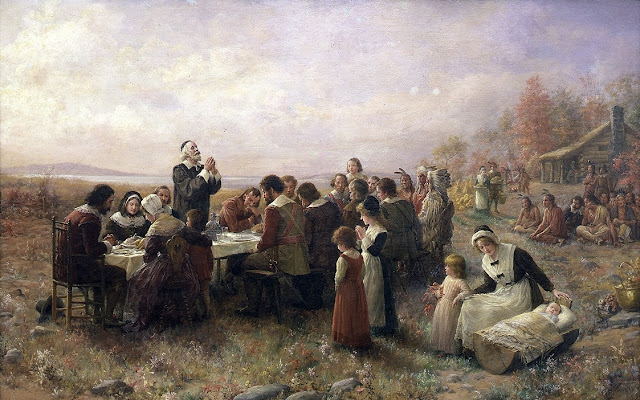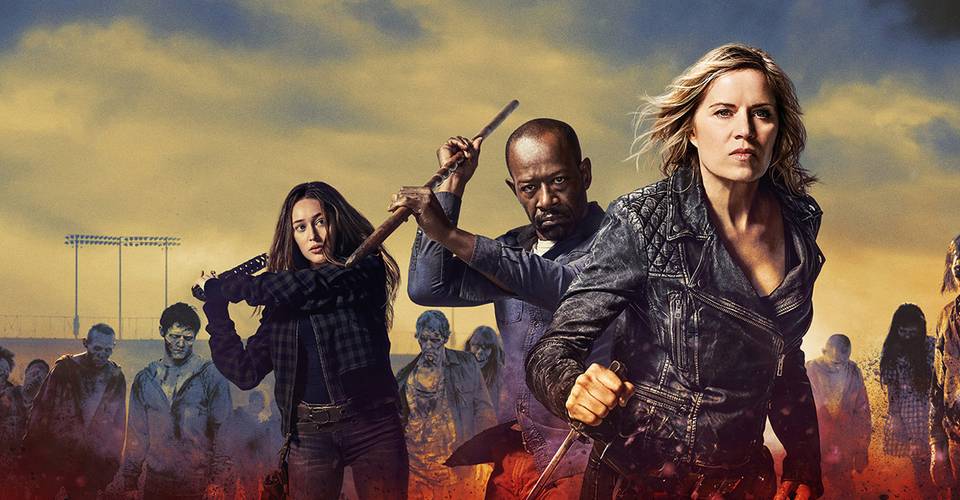Ah, Thanksgiving-- also known as a reason to enjoy a bountiful feast of dishes including turkey, mashed potatoes, and pies with family and friends. Held on the fourth Thursday of November, the federal vacation generally entails reunions, football games on TELEVISION, as well as insane retail sales in stores as well as online. If you're curious regarding the origins of this quintessentially American holiday, here's a little background lesson.

The Myth of Thanksgiving
Given that the 1920s, American schoolchildren have been taught that the initial Thanksgiving was a relaxed, commemorative dish shared between Pilgrims and also Native Americans to toast the success of the recently established English settlement in Plymouth, Massachusetts in 1621. It's a wonderful little vignette that numerous contemporary Americans consider as the basis of the vacation. While this delighted misconception of a modern dinner is rooted in a touch of truth, it doesn't inform the entire-- made complex-- story of Thanksgiving
The Real Background of Thanksgiving.
The Pilgrims, English Protestants who were members of a maltreated religious sect in England, arrived on the North American continent in 1620, and in 1621, those that did live through the initial winter months celebrated it. But what they took into consideration "thanksgiving" was really a religious day of fasting and also petition, and also they would have most likely held this celebration in the springtime.
Come fall, the Pilgrims celebrated again. Very little info exists regarding this "first" autumnal Thanksgiving, however according to nonprofit company Plimoth Patuxet Museums, Edward Winslow-- an Explorer who had actually cruised on the Mayflower and was living in Plymouth at the time-- noted in a letter dated December 11, 1621, that a three-day festival was held to celebrate the harvest, and some 90 Wampanoag went to. These celebrations, he created, were "much more special manner [to] celebrate with each other," as the Pilgrims were grateful for a plentiful harvest, courtesy of the Wampanoag tribe who taught them fundamental survival abilities like farming and also foraging. At the time, such harvest festivals were prevalent worldwide, across societies, including in England as well as The United States And Canada.
A darker thanksgiving occurred in 1637, when the guv of the Massachusetts Bay Nest declared a day of thanksgiving to celebrate the secure return of males that 'd massacred a Pequot town. For the next few centuries-- as well as also right into the modern day-- homesteaders and Indigenous Americans would share a conflict-ridden existence tainted by carnages, enslavement, and also population-decimating disease.
How Thanksgiving Came To Be a Legal Holiday
The very first attempt at developing a nationwide Thanksgiving holiday took place in 1789 when President George Washington promoted for a public day of thanks to honor completion of the War of independence and also the signing of the Constitution. Yet Thanksgiving was just officially put on the schedule in 1863 by President Abraham Lincoln, at the behest of publication editor Sarah Josepha Hale, that wished to help the country heal from the injury of the Civil Battle through the vacation.
In its early years, the vacation had definitely nothing to do with the harvest event celebrated by the Pilgrims in 1621. That narrative was only presented around the turn of the 20th century. As the number of immigrants entering the United States grew rapidly between 1890 as well as 1920, some Americans promoted a strong nationwide identity, one that author James W. Baker recommends was of colonial ideology in his book Thanksgiving: The Bio of an American Holiday. Thus the wholesome story of a Pilgrim and Native American supper party was born, advertising relaxed relations between cultures and also a concentrate on religious beliefs-- what Americans believed their nation should represent. It did not, nevertheless, recognize the tenuous connection between homesteaders as well as Indigenous Americans.
Indigenous American Perspectives on Thanksgiving Today
Given the complicated history of Thanksgiving as well as its normally whitewashed presentation, some Americans do not commemorate the vacation. Rather, several observe the National Day of Grieving, a day of remembrance established in 1970. (November is likewise Native American Heritage Month.) Various Other Native Americans, however, are open to the concept of commemorating the harvest and also appreciating, just as their forefathers did-- without indulging in the embellished narrative.
We recommend checking out statements from Native American advocacy groups like Indigenous Wish to learn more about the Thanksgiving holiday via the lens of indigenous American neighborhoods. This write-up, released in Smithsonian Publication along with the National Gallery of the American Indian, shares indigenous viewpoints regarding the holiday, as does this item penned by Sean Sherman of the Oglala Lakota tribe for Time.

No comments:
Post a Comment